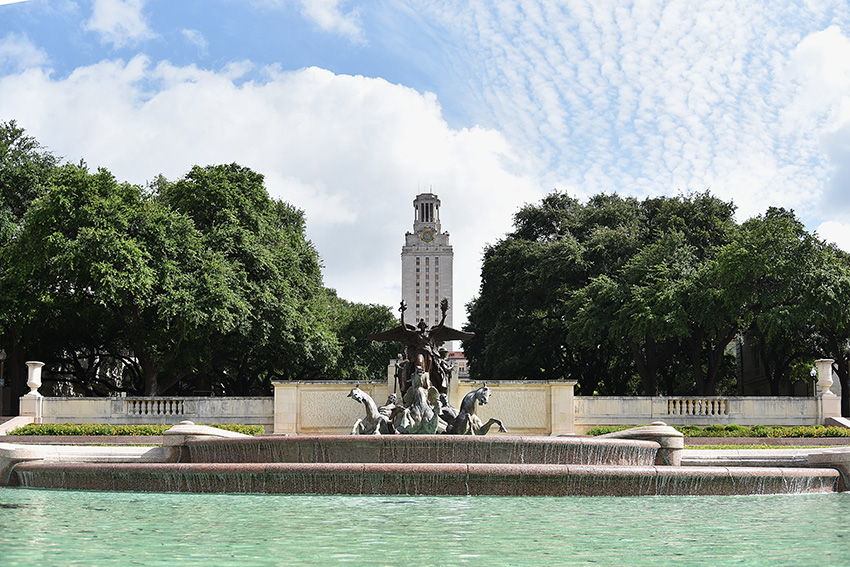Between the initial Student Government executive alliance vote this month and the special election that followed, voter turnout increased by 31 percent. Historically, however, voter turnout has decreased when a second SG election is held.
Including this year, there have been 10 years when a second election was held for executive alliance since 1998, according to election records.
Both this year and in 2016, the initial voting results were nullified, resulting in a special election. However, none of the executive alliances achieved a majority in either elections and a runoff was subsequently held. A runoff election for this year’s executive alliance candidates will be held later this week.
“I think this level of turnout is an outlier at the moment,” said Santiago Rosales, SG chief of staff. “It could be something that keeps up, and I’d hope it does. (But) I’m anticipating turnout will decrease 20 to 30 percent because of spring break.”
Rosales was also a part of the Alejandrina Guzman and Micky Wolf executive alliance campaign last year, which saw decreased voter turnout with its
runoff election.
This year, a second election occurred because the results of the first vote were invalidated by the SG Supreme Court due to what was deemed a wrongfully issued campaign sanction. With the initial vote, the Guneez Ibrahim and Hannah McMorris campaign got just over 30 percent of the total votes cast while their main opponents, the Colton Becker and Mehraz Rahman executive alliance, took 53.75 percent.
However, the Guneez-Hannah alliance gained more than 2,000 votes when the re-vote occurred and ended up with 46 percent of the votes, which coincided with the drastic increase in turnout. The Colton-Mehraz alliance came up just short of a majority with 49.24 percent of the votes.
“We’re really proud (of the increased turnout),” said Ibrahim, student body presidential candidate and sociology and design senior. “To see the campus come out and support us in that way was really exciting. We went up by over 2,000 votes — which I think is pretty unheard of — in less than a week.”
What happened with this year’s election, however, is not the norm.
Of the 10 years when a second election occurred, voter turnout decreased during seven of them by an average of 20 percent, which resulted in the loss of thousands of voters between the first and second elections.
Business freshman Ricky Cooks said he voted in both elections already and plans to vote in the runoff this week. Despite voting for the same candidates in the first two elections, Cooks said he has yet to decide who he will vote for this week.
“Every time I’ve gone about voting I’ve really had to start from square one and think about why I’ve voted for those people in the first place,” Cooks said. “It hasn’t just been an easy, ‘I’ve voted for this person once, so I’m going to keep doing it.’”
To combat this issue of decreased voter turnout, the SG assembly passed a bill last month to amend the SG constitution and election code to implement a voting system that would eliminate runoffs. Because voter turnout typically decreases when runoffs occur, the bill’s authors said eliminating them ensures a greater portion of the student body’s voices are heard in executive alliance elections.
The bill, which was passed during the special election the week before spring break, goes into effect next year.





















